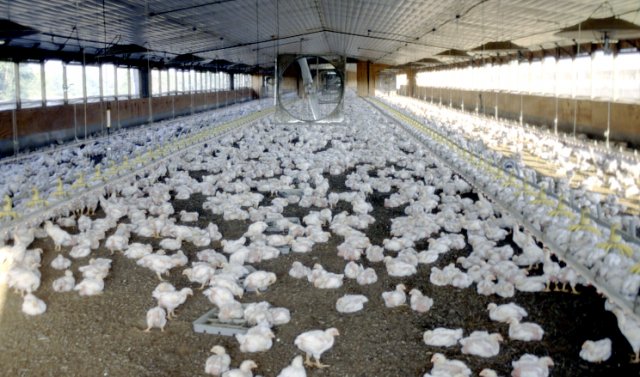The first successful vaccines, like Jenner’s smallpox vaccine and the first Salk vaccine against polio, were based on viruses that do not cause illness or severe symptoms. Vaccine development has since shifted largely to the use of proteins that are used by the disease-causing agents, but there are still some cases where a dead or attenuated virus is the most effective method of generating immunity.
The use of viruses for vaccines, however, has always come with a bit of a concern. When it comes to viruses, one-in-a-million events happen all the time, and evolution gives any viruses used in vaccines a lot to work with: many related viruses in the wild, and animal genomes that are littered with pieces of former viruses. Now, researchers have discovered a case where two different agricultural vaccines have recombined to create a new, virulent strain of the disease they were intended to prevent.
In poultry, a form of herpesvirus (gallid herpesvirus 1) causes a respiratory disease that is sometimes fatal; even if it doesn’t kill the animals, it causes a reduced egg production. As a result, several vaccines have been developed against the virus responsible, based on attenuated forms that do not cause serious illness. Three of these vaccines are approved for use in Australia: two based on viral strains that are present in Australia, and a third developed against a strain common in Europe.
from Ars Technica



